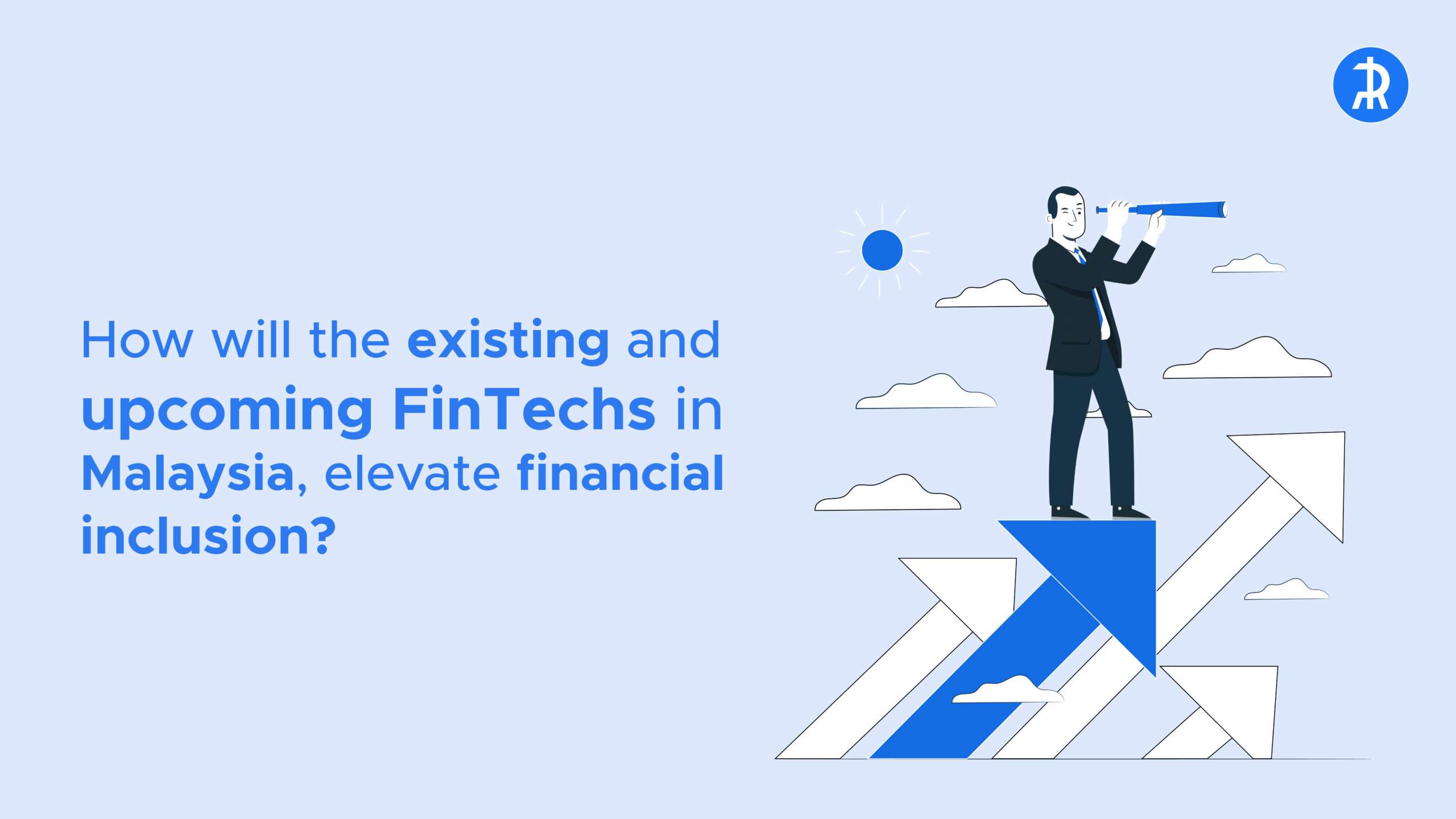The financial sector at present operates on FinTech. Gone are the days when people were skeptical about depending on e-transactions. Now, e-payment/e-transaction is all that they depend on. This digital transformation on a larger scale is only possible because fintech promotes financial inclusion by simplifying the financial products/services and bringing it to the tip of our fingers.
What is financial inclusion?
Financial inclusion is all about making financial prodcuts/services accessible and affordable to every individual regardless of their financial health, as well as to every business irrespective of its size or networth.
The idea of financial inclusion is to break the barriers and help everyone enjoy the benefits of financial products/services.


How are fintech tools being the backbone of financial inclusion and changing lives?
Today, if a migrant worker in one country can send money to their families in another country at the touch of button; if a vendor on the street is having a QR scanner beside him for customers to make the payments at ease, if an individual can open a bank account without much ado, that is the power of fintech.
If the percentage of unbanked or underbanked has gone down today, that is only because of the major lifestyle shift that financial inclusion has brought to the people and fintech plays a major role in it.
The revolutionary shift brought by FinTech!
We all know ever since we were challenged by the pandemic, Online payment tools served as a lifesaving as well as life altering tools for both individuals and businesses.
Since then, the fintech market has been coming up with umpteen fintech tools with more advanced features that can make payments simpler, safer and quicker.


All financial institutions including retail banks, insurance companies, investment companies, began to digitize their processes and go online, providing their customers the facility to bank, to invest and to insure online from their comfort of their homes.
A smart phone is all that an individual needs today to access financial resources. Not just for individuals, fintech tools have changed the fate of businesses forever.
They no longer have to worry about human errors, they no longer have to succumb to fraud and in terms of recurring billing, they no longer have to break their heads about inconsistent cashflow due to late payments. If business seem effortless today, FinTech plays a very crucial role in it.


In the year 2023 ..
Reportedly, Malaysia has 313 registered FinTech start-ups as of 2023. Fintech News Malaysia, in its 2023 report presented a break-up of the companies stating “Payments continue to be the largest vertical with 73 firms, followed by lending (45) and e-wallets with 44 entrants. Remittance, insurtech (30 each), wealthtech (28), and blockchain/cryptocurrency (23) startups were also sizable, expanding verticals”.
RinggitPay is proud to be one of the payment start-ups that focuses on the convenience of payers and payees in businesses across multiple industries.
2023 can be claimed as a benchmark year in terms of financial inclusion, with the rise of online P2P finance platforms, online banking, digital payments & digital insurance. The year has recorded several regulatory initiatives supporting the fintech industry. Policy makers and regulators in Malaysia are actively involved in developing the industry by creating a conducive environment.
The launch of cross-border QR payments by PayNet Malaysia is one of the major events of 2023 that testifies the fact that Malaysia is undergoing a sharp shift in terms of financial inclusion.


In the year 2024..
The financial inclusion that Malaysia is to witness in 2024 will certainly be huge.
In the 2024 financial budget released by the Prime Minister, Datuk Seri Anwar Ibrahim, a budget of RM100 million has been allocated for micro-lending;
RM44 Billion worth of loans and financing to be made available for the benefit of MSMEs & a budget of RM900 is said to be allocated digitization and automation of the accounting systems, sales and inventory of MSMEs.
Not just that, The NFP (National fraud portal) that is in development by BNM (Bank Negara Malaysia) in collaboration with fintech, is expected to be completed in the middle of 2024.
The portal is built to automate tracking of funds, speed-up fraud detection, freezing and return of funds. The budget allocation for NSRC (National Scam Response centre) to be raised to RM20 million from RM10 million, for furthering the centre to effectively detect and eradicate scandals.


So, a towering transformation is ahead for the financial sector in Malaysia
RinggitPay is very excited to be a part of this transformative journey, being a payment platform that is bent upon contributing to the convenience and security of the payment processes of MSMEs across various industries. We are extremely proud of the government for encouraging financial inclusion each year with great initiatives.
Related Posts




